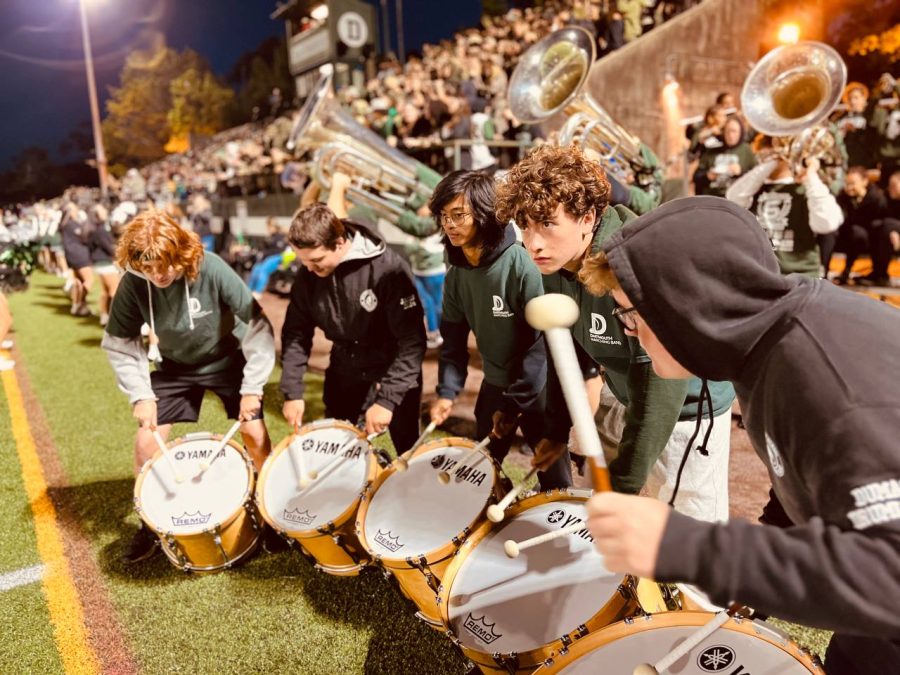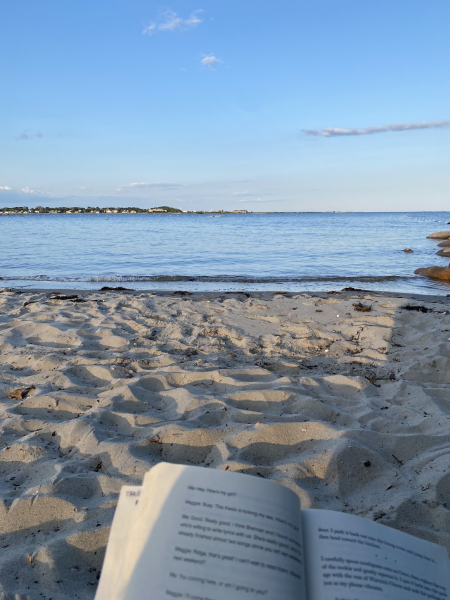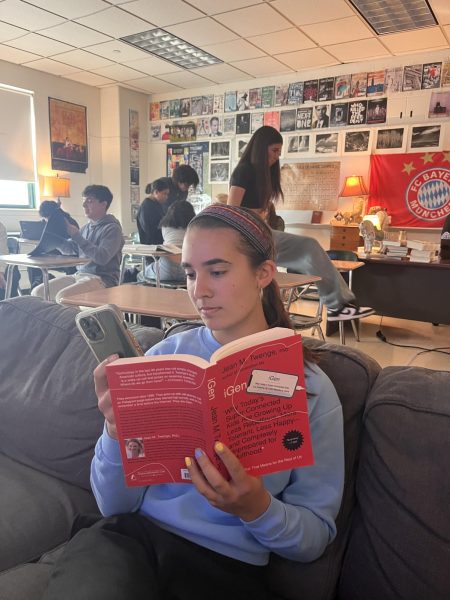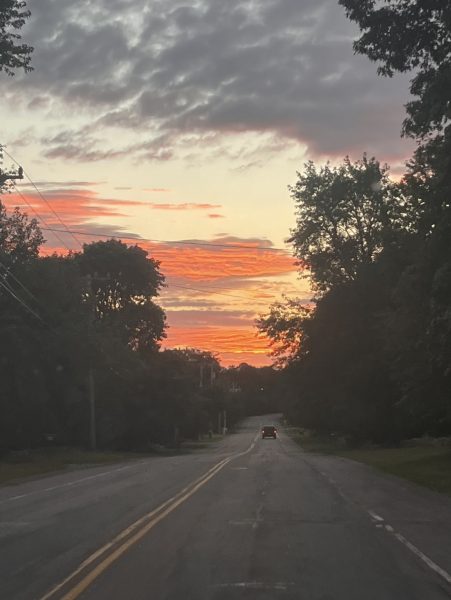“Forgotten” is Unforgettable
It is the time of year when all the New England humidity, heat waves, potholes, and snow slush become worth it. The morning breeze brings a cordial chill, fall-flavored treats are the specialty of every coffee shop and bakery, and football nights add a warm-nostalgic Americana spice. And, if you live in Dartmouth, home of a nationally recognized marching band, for miles around you can hear faint percussive music emanating from the frequent practices and halftime shows.
This year, the marching band’s theme is complementing the autumnal whimsy by encapsulating western folklore and temporarily bringing us a galvanizing taste of the exciting fast-paced, high-stakes, life of cowboys and Western dames.
The music included in the show The Forgotten are Danzon No. 2, music from The Good the Bad and the Ugly, Magnificent 7, and Sahara Desert. “If you wanna see anger or frustration, the music has to portray that,” said Assistant Band Director Tom Aungst. The music has to serve as a vessel for the unspoken to express every wave and glimmer of emotion a good story has. To create a truly theatrical experience the pieces are extremely difficult and require commitment. For example, Danzon is an orchestral piece, a piece that requires a finesse to achieve the Flamenco-like style, but Mr. Aungst has faith in his musicians and their talents to not just play, but feel the music.
The good old-fashioned grit isn’t limited to the Old West, as every villager had a part in keeping a small town going, every part of the marching band practices long hours to perfect every movement and emotion to make an authentic production. “If you wanna be good, if you wanna be one of the best, it takes time,” said Mr. Aungst. “To play the music and sound great, it takes a lot of work.” As in parallel with life, most worthwhile pursuits take sacrifice and dedication, otherwise the true pleasure of achievement is cheapened.
Interviewing two musicians, senior Julie Wheaten and junior Elliot Dion, their “cheeky banter”gave me a true sense of the light-hearted kinship the band’s upperclassmen have created. “We are kind of a family of the upperclassmen, we are the closest people the band has seen,” said quad player Elliot Dion.
For the upperclassmen, marching band has been an omnipresent highlight of high school life, as Julie Wheaten, part of the snare line said about leaving, “It’s bittersweet It’s been my life for the past four years.” To be able to look back with sentiment and look forward with a new confidence is the phenomenon the band has provided for Julie.
“I’m a quad player, it’s fun, it’s what I’ve wanted to do since I was six, since I first saw indoor percussion,” Elliot Dion said about the rewarding nature of growing up in the band. The self-fulfillment that comes with being able to see yourself become the musician you idolized as a kid is astounding. Being able to connect through storytelling and performing leaves an impression on the marching band, one that extends off stage into the core of their lives and the audiences and achieves a state evermore in all the souls it touches.
The marching band is a dichotomy of change and continuity, a complex environment of experience and passion. The band “culture,” the upperclassmen are accustomed to seems to be altering from their perspective. The culture, as Elliot described it, is “about wanting to practice to be good,” something that can be lacking in younger musicians.
Upperclassmen agree that COVID had a big effect on the fundamental years of middle school instruction, when you learn the fundamentals of the instrument and nature of being in the band, which relies on dedication. “This is where students are going to learn to work hard, to be responsible, to work as a team, to learn life skills that you aren’t necessarily gonna learn in math and English,” said Mr. Aungst. Along the journey from lower-classmen to upperclassmen, the band guides students through forming a character and responsibility particular to the band, a journey not too different from that of the westerners they portray performing.
The costumes in the show are reminiscent of story-book travelers. They have the air of ruggedness and moxie that tells of a tumultuous journey. Although the costumes have the inherent discomfort of a one-piece, as Elliot Dion said, “We’re gonna have cowboy hats, that will bring it all together.” Portraying nomads of the land, these travelers find a “ghost town,” that could be settled, but unfortunately the settlement is drier than Mark Zuckerberg’s mouth during his Congressional hearings, and the show illustrates the struggle and reward of searching for water to start a new life in hostile desert.
The band has an amazing ability to immerse its audience. Even I am in the epilogue of an old Western film as the swing I lay on oscillates back and forth as I watch the sunset sink behind the horizon line, pulling the violet sky down with it, and in the distance the marching band harmonizes and reverberates off the trees miles away, creating an everlasting feeling of untouchable bliss, soundtracked by the DHS Marching Band.











